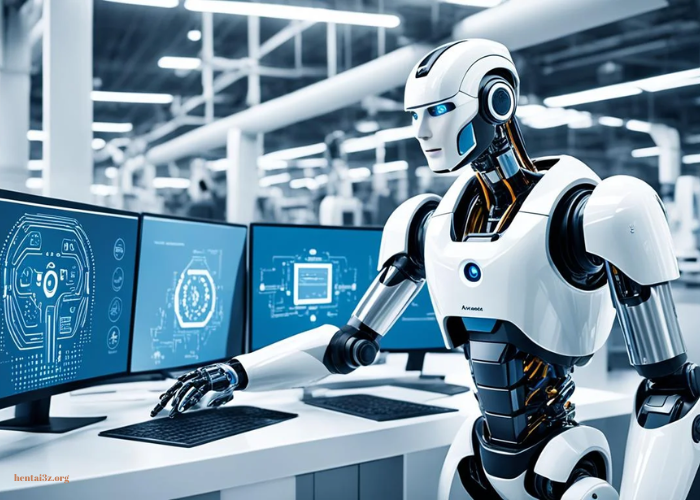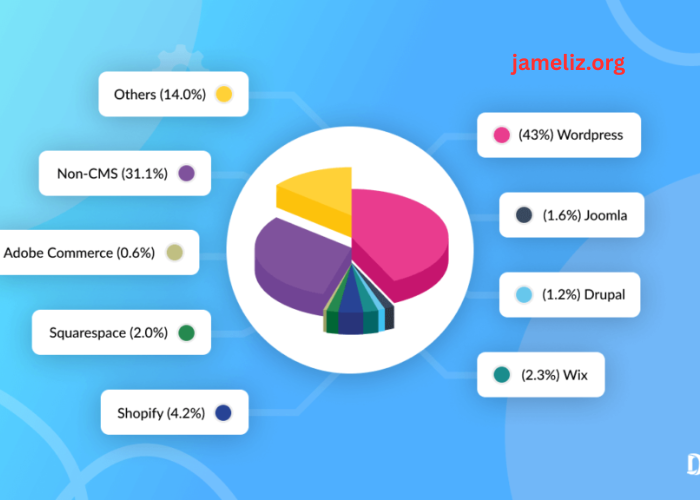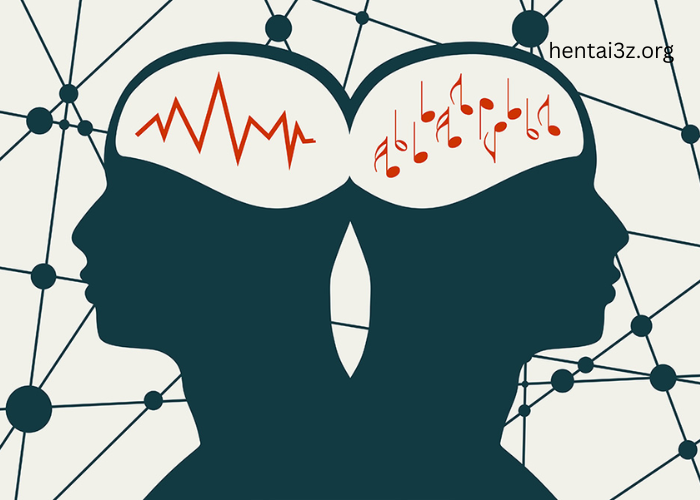Artificial Intelligence (AI) is rapidly reshaping the world we live in, touching nearly every aspect of modern industries and daily life. From healthcare to finance, manufacturing to retail, AI is driving a fundamental shift in how businesses operate and deliver value. As we stand on the brink of an AI-driven future, it is crucial to explore the transformative potential of AI across various sectors and understand its implications for the global economy and workforce.
AI in Healthcare: Revolutionizing Patient Care
AI’s impact on healthcare is nothing short of revolutionary. With its ability to process vast amounts of data quickly and accurately, AI is helping doctors and researchers unlock new insights into diseases, enabling early diagnosis and personalized treatment plans. Machine learning algorithms analyze medical images to detect anomalies that might be missed by the human eye, such as early-stage cancers in radiology scans.
Furthermore, AI-powered predictive analytics can anticipate patient deterioration and suggest preemptive treatments, significantly improving patient outcomes and reducing hospital readmission rates. In addition to diagnostics, AI is also transforming the drug discovery process. Traditionally, developing a new drug is a time-consuming and expensive endeavor, often taking over a decade and billions of dollars. AI accelerates this process by identifying potential drug candidates faster and predicting their success rate more accurately.
However, the integration of AI in healthcare also presents challenges. Concerns over data privacy, the ethical use of patient data, and ensuring that AI algorithms are free from biases are critical issues that need to be addressed to maximize AI’s benefits in healthcare.
AI in Finance: Enhancing Efficiency and Security
The financial sector is one of the earliest adopters of AI technology. From algorithmic trading to fraud detection and credit scoring, AI is enhancing the efficiency and security of financial services. High-frequency trading algorithms use AI to analyze market data at lightning speed, making trades within milliseconds to capitalize on market movements. This has transformed the trading landscape, enabling firms to maximize profits while minimizing risk.
In addition, AI is playing a pivotal role in enhancing cybersecurity within the financial industry. AI-driven systems can detect unusual patterns in transaction data that might indicate fraudulent activity, allowing financial institutions to respond swiftly to potential threats. These systems learn and evolve over time, becoming more adept at identifying new types of fraud.
Credit scoring has also been revolutionized by AI, with algorithms analyzing a broader range of data points beyond traditional credit history. This approach provides a more comprehensive view of a person’s creditworthiness, expanding access to credit for individuals who may have been underserved by conventional credit scoring methods.
Despite these advancements, the use of AI in finance raises ethical considerations around transparency and fairness. AI models, if not carefully designed, can inadvertently perpetuate existing biases or introduce new ones, potentially leading to unfair treatment of certain groups of customers.
AI in Manufacturing: Driving the Fourth Industrial Revolution
Manufacturing is undergoing a transformation often referred to as the Fourth Industrial Revolution, largely driven by AI. AI-powered robots and automation systems are optimizing production lines, reducing waste, and improving product quality. Predictive maintenance, enabled by AI, allows manufacturers to anticipate equipment failures before they occur, minimizing downtime and extending the lifespan of machinery.
AI also facilitates the development of smart factories where machines communicate with each other to self-organize and optimize production processes autonomously. This level of automation not only increases efficiency but also enhances flexibility, allowing manufacturers to respond quickly to changes in demand or disruptions in the supply chain.
However, the widespread adoption of AI in manufacturing has sparked concerns about job displacement. While AI and automation can handle repetitive and dangerous tasks, there is an ongoing debate about their impact on employment and the need for reskilling workers to thrive in an AI-augmented workplace.
AI in Retail: Personalizing the Shopping Experience
In the retail sector, AI is transforming how businesses understand and interact with customers. AI algorithms analyze consumer behavior, preferences, and purchasing patterns to deliver highly personalized shopping experiences. Retailers use AI to recommend products, optimize pricing strategies, and manage inventory more effectively.
AI-driven chatbots and virtual assistants provide instant customer service, answering queries, and assisting with purchases around the clock. This level of service enhances customer satisfaction and loyalty, leading to increased sales and revenue.
Moreover, AI is enabling retailers to streamline their supply chains by predicting demand more accurately and optimizing logistics. This reduces costs and ensures that customers receive their orders promptly, improving overall customer experience.
However, as AI collects and analyzes vast amounts of personal data, retailers must navigate privacy concerns and ensure they are using customer data ethically and transparently. Building trust with customers is crucial for the continued success of AI-driven retail strategies.
AI in Transportation: Towards Autonomous Mobility
The transportation industry is on the cusp of a revolution, thanks to AI. Autonomous vehicles, once the stuff of science fiction, are becoming a reality, promising to reduce accidents, ease traffic congestion, and provide new mobility solutions for individuals and goods. AI algorithms enable vehicles to interpret sensor data, navigate complex environments, and make real-time decisions, making autonomous driving safer and more efficient.
In addition to autonomous vehicles, AI is also transforming logistics and supply chain management. AI-driven platforms optimize routes for delivery trucks, reducing fuel consumption and lowering carbon footprints. Drones and automated guided vehicles (AGVs) are being deployed in warehouses and distribution centers, enhancing efficiency and reducing operational costs.
The widespread adoption of AI in transportation will require significant investment in infrastructure and regulatory frameworks. Ensuring the safety and reliability of autonomous systems is paramount, as is addressing the potential job displacement of drivers and other workers in the transportation sector.
Ethical Considerations and the Future of AI
While AI holds immense promise for transforming industries, it also raises significant ethical and societal concerns. Issues such as data privacy, algorithmic bias, and the potential misuse of AI technology need to be addressed proactively. As AI systems become more integrated into our daily lives, ensuring transparency, accountability, and fairness in their design and deployment is crucial.
Governments, businesses, and civil society must collaborate to develop ethical guidelines and regulatory frameworks that promote the responsible use of AI. This includes investing in AI literacy and education to prepare the workforce for an AI-driven future and ensuring that the benefits of AI are broadly shared across society.
Conclusion: Embracing an AI-Driven Future
AI is undoubtedly a powerful force reshaping modern industries, driving efficiency, innovation, and growth. From healthcare to finance, manufacturing to retail, AI is transforming how businesses operate and deliver value. However, realizing the full potential of AI requires navigating complex ethical, social, and economic challenges. By fostering a collaborative approach and prioritizing ethical considerations, we can harness the power of AI to create a more prosperous, equitable, and sustainable future for all.
As we move forward, the key to success will lie in balancing the benefits of AI with the need to address its risks and challenges. With thoughtful planning and responsible implementation, AI can be a powerful tool for positive change, driving progress and innovation across all sectors of the economy.




